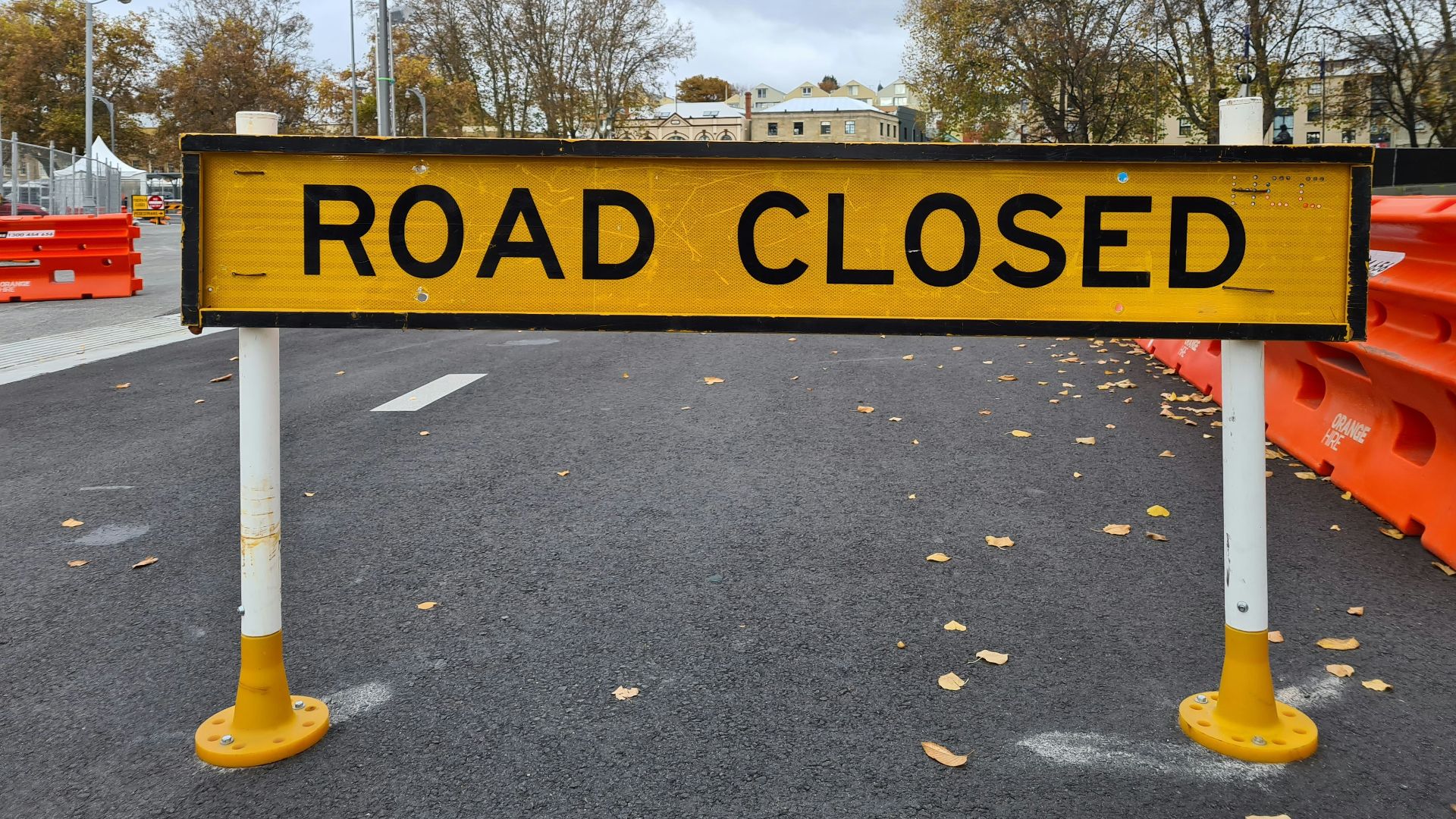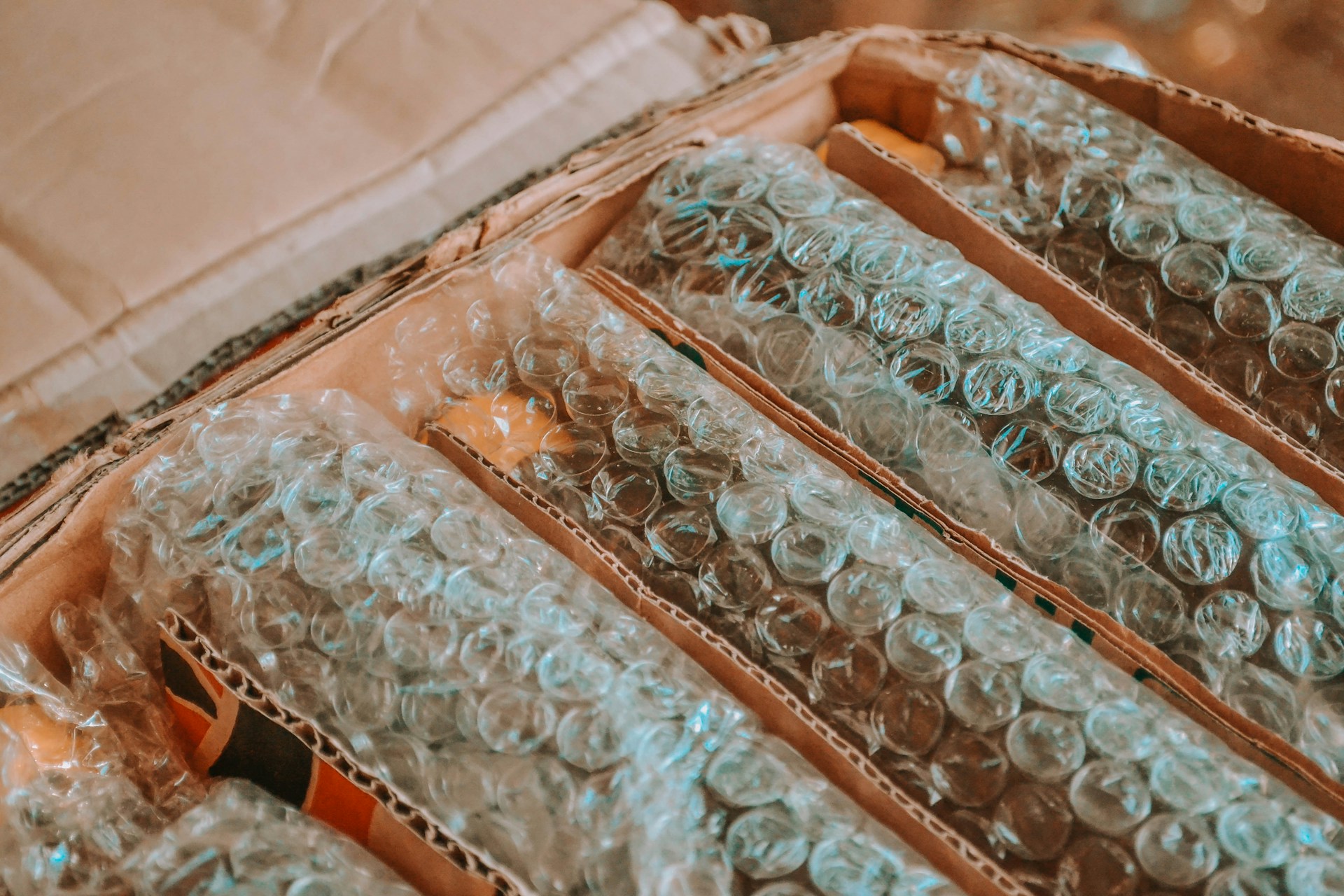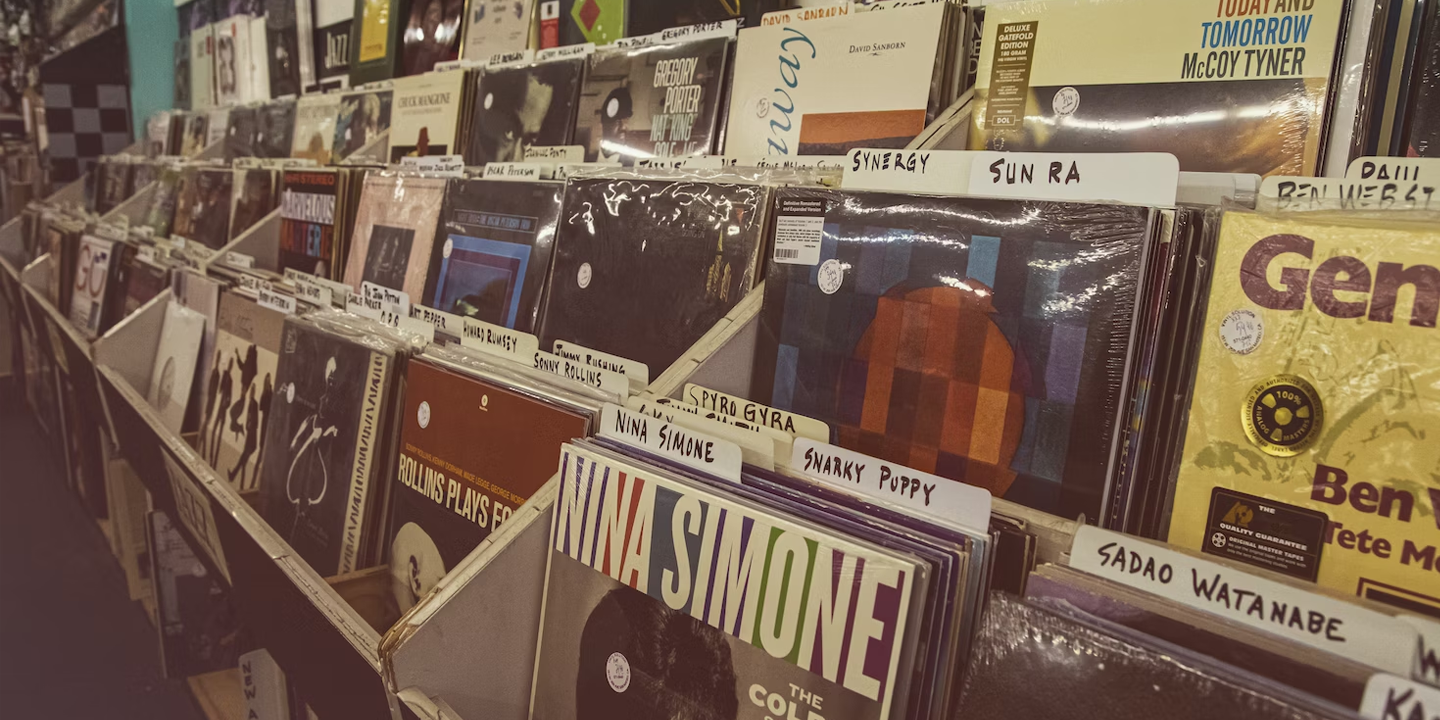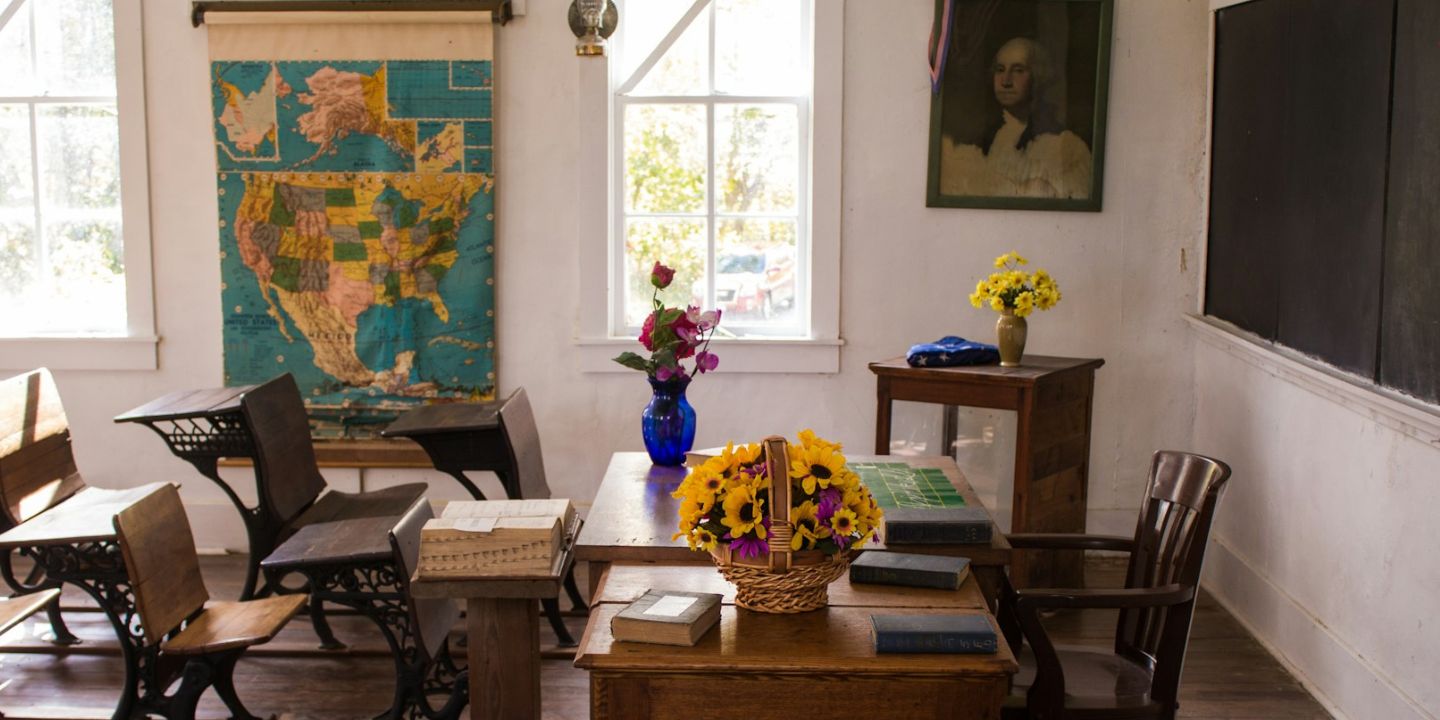Preparing For Emergencies Isn’t A Bad Thing
Though people like to make fun of “preppers,” they’re the ones who are most likely to survive natural disasters like hurricanes, floods, or tornadoes. To help you be more prepared, we’ve got a list of 20 things you and your family should do before or during a natural disaster.
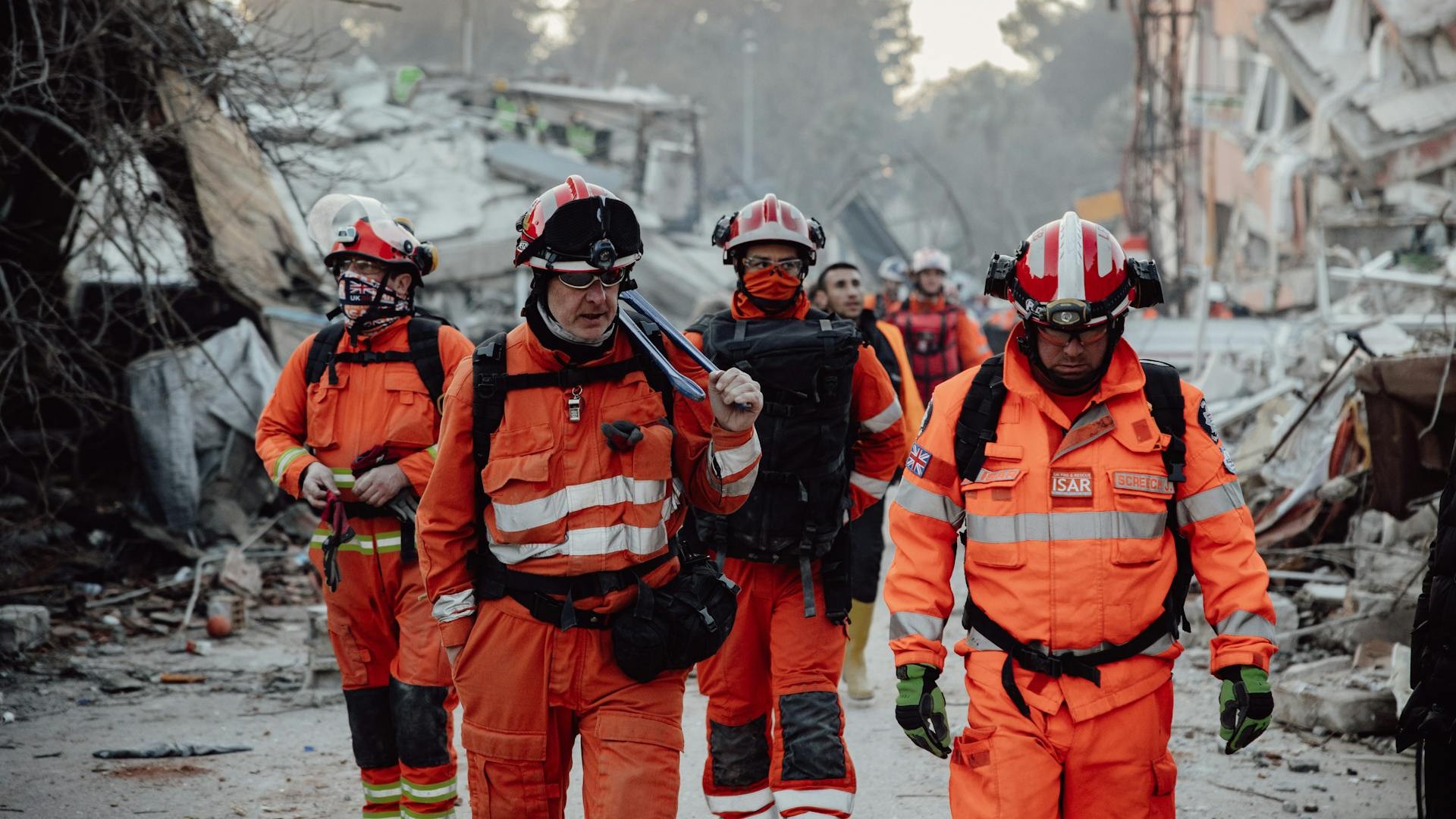 Photo by Faruk Tokluoğlu on Pexels
Photo by Faruk Tokluoğlu on Pexels
1. Prepare Healthcare Essentials
Before the disaster hits, get ahead on whatever prescription or special healthcare needs you might have. You don’t know how long the disaster will affect access to these special items.
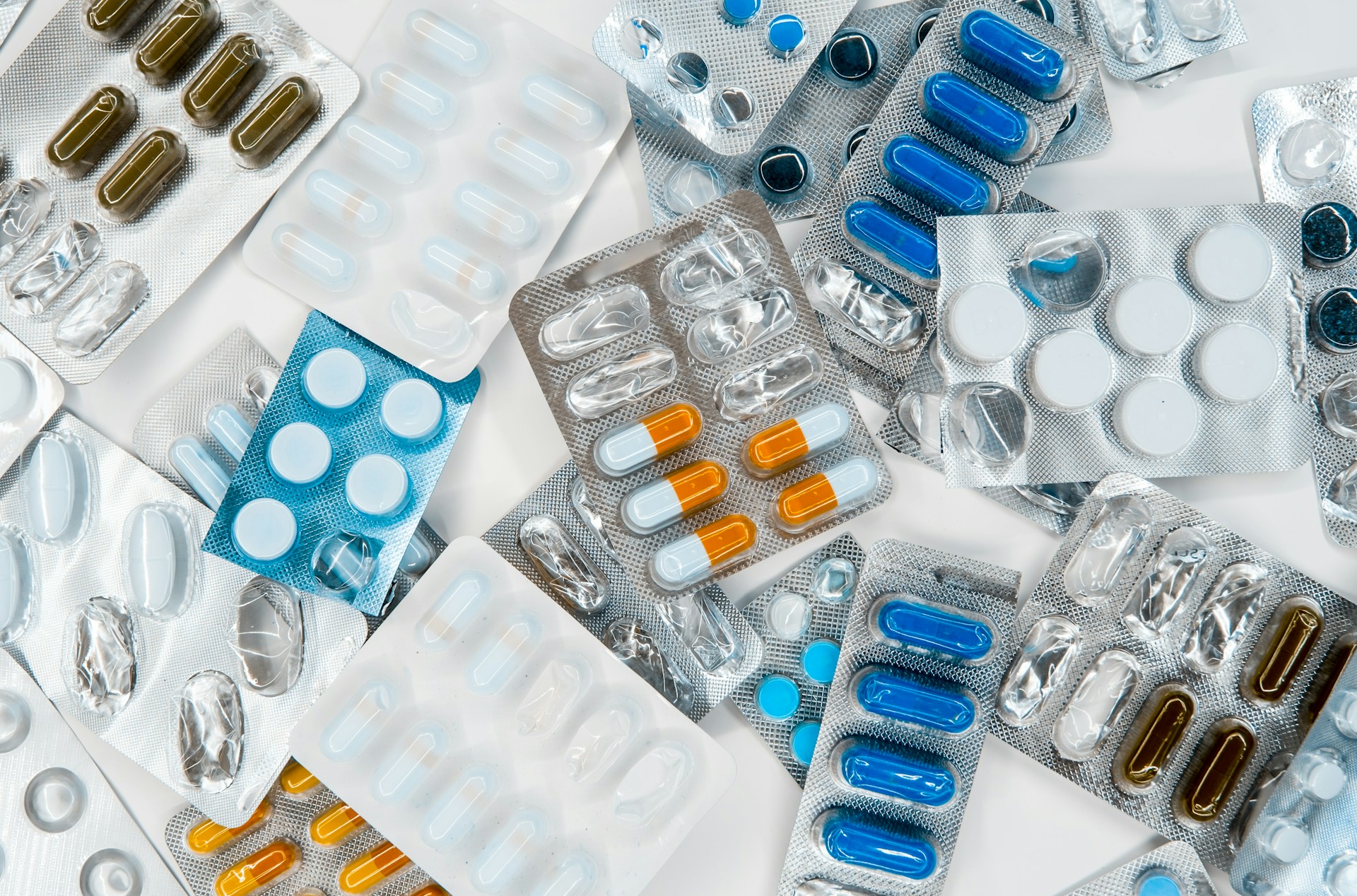 Photo by Roberto Sorin on Unsplash
Photo by Roberto Sorin on Unsplash
2. Prepare Your Pets
If you can, evacuate your pet to a shelter or safe zone. If it’s too late, prepare an emergency kit including food, water, and any essential items. Also, make sure they’re wearing a collar with ID in case they get lost.
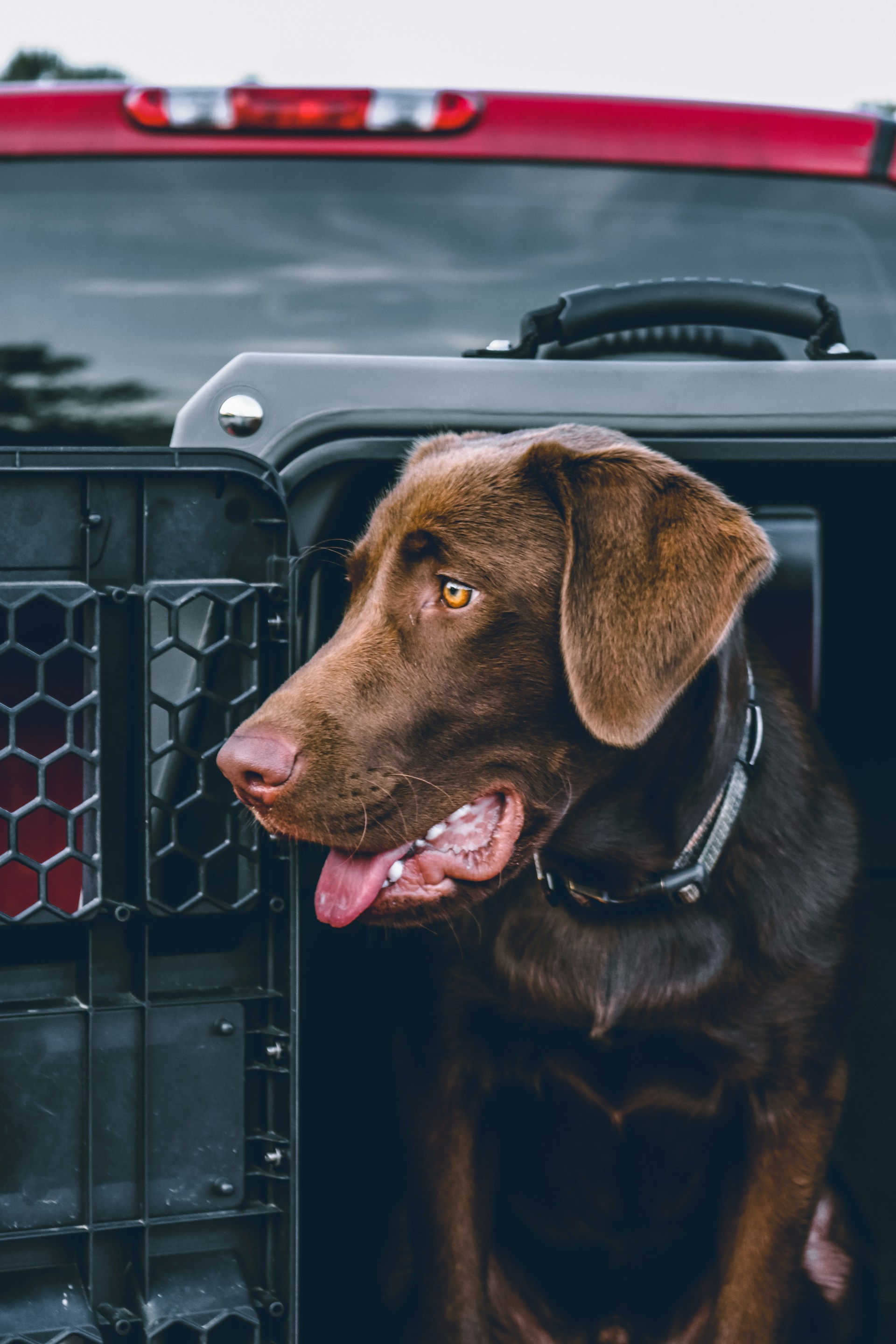 Photo by Aaron James on Unsplash
Photo by Aaron James on Unsplash
3. Make An Emergency Bag
This easy-to-grab bag should include essentials like water, filters, and meal rations. Things like flashlights, batteries, and multitools are also useful. Finally, a firestarter, clean clothes, and duct tape will help keep you warm and dry.
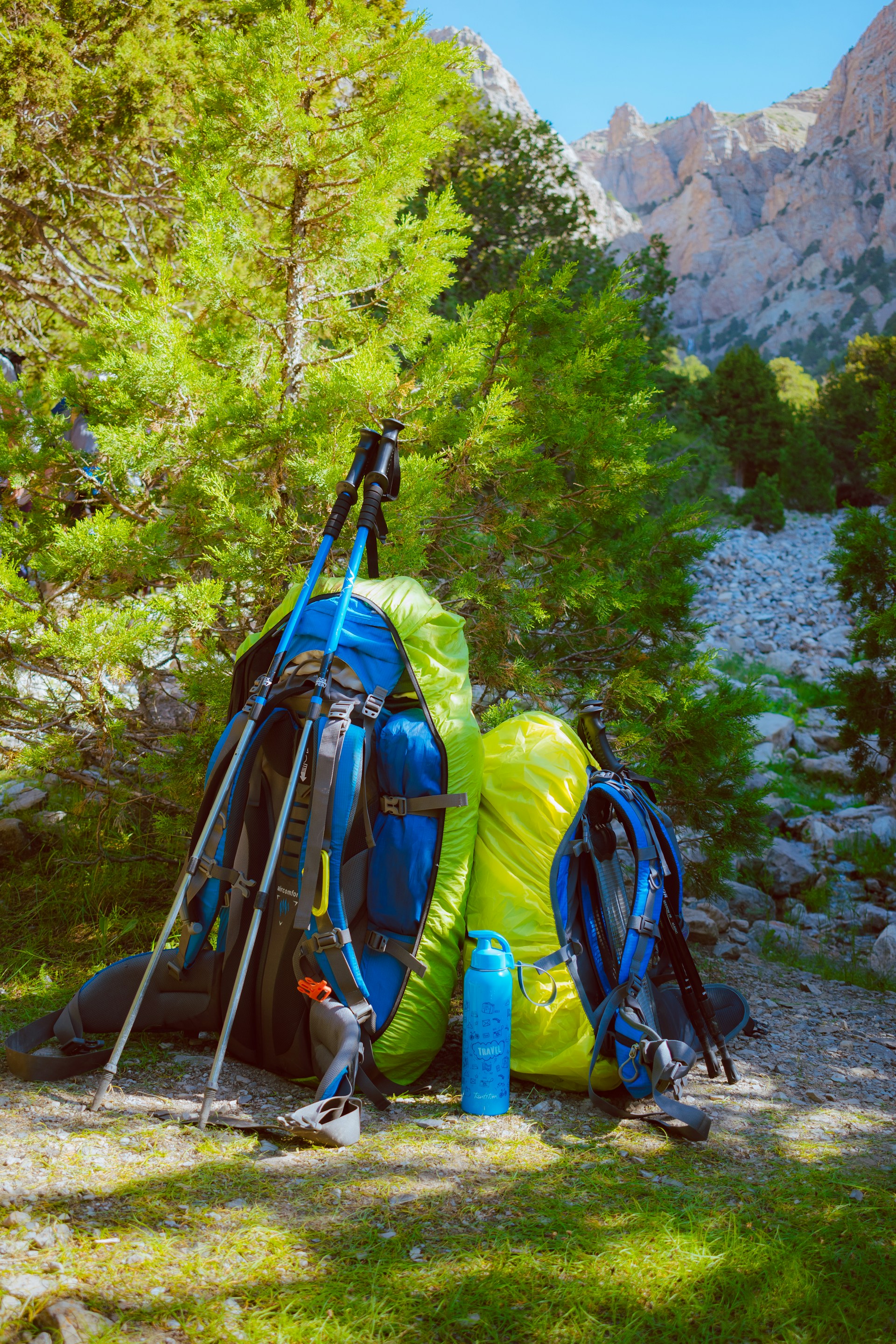 Photo by Mohammad Alizade on Unsplash
Photo by Mohammad Alizade on Unsplash
4. Tidy Your Yard
Bring in or tie down anything that might be loose on your property. After all, you don’t want your neighbors a few cities over to discover your recently purchased patio furniture on their front lawn.
 Photo by Zac Gudakov on Unsplash
Photo by Zac Gudakov on Unsplash
5. Look For Utility Shutoffs
You should know where to find all your utility shutoff valves. If authorities recommend shutting them, you’ll be able to respond quickly to mitigate risk.
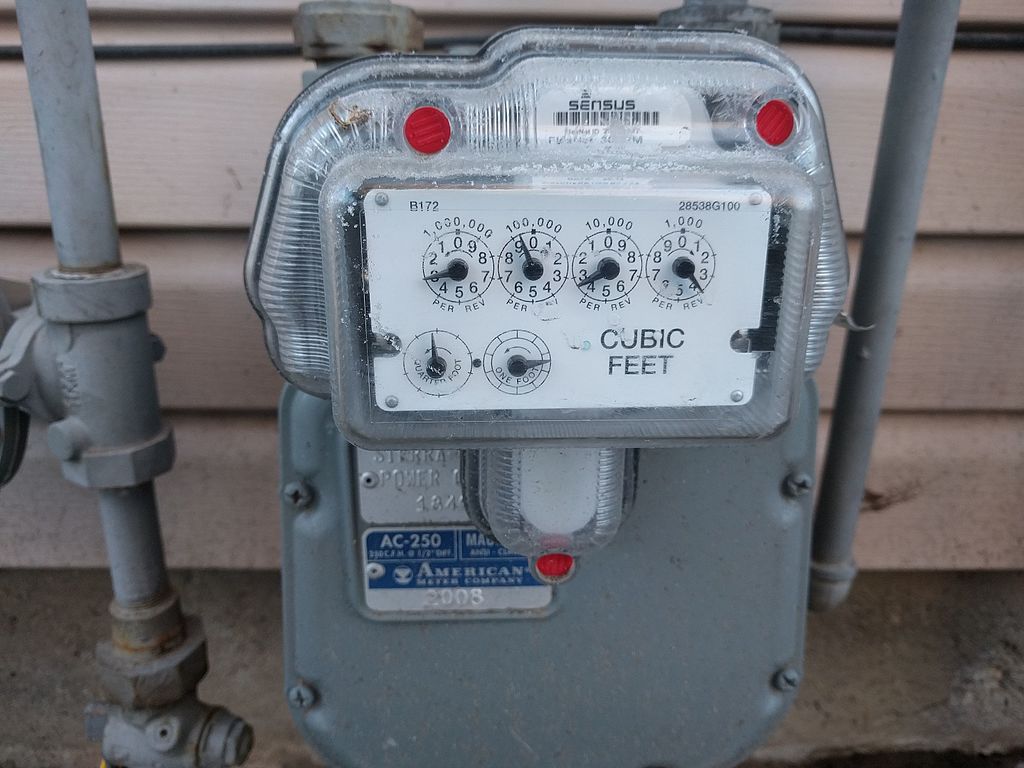 Photo by Tim36272 on Wikimedia Commons
Photo by Tim36272 on Wikimedia Commons
6. Cover Windows
Cover all your windows. Stopping debris and glass from flying through your home could be the difference between major and minor damage to yourself and your home.
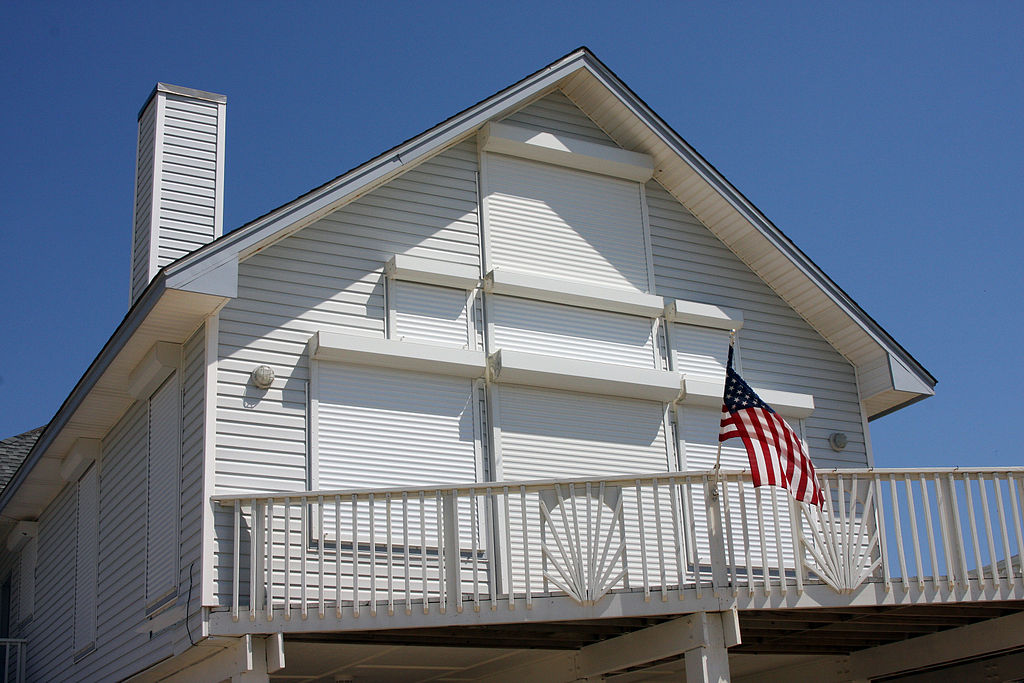 Photo by Robert Kaufmann/FEMA on Wikimedia Commons
Photo by Robert Kaufmann/FEMA on Wikimedia Commons
7. Collect Information
Gather all your emergency contact and insurance information while you can. It’ll be critical in the time immediately after a natural disaster, and you’ll be thankful you have it ready at a moment’s notice.
 Photo by Vlad Deep on Unsplash
Photo by Vlad Deep on Unsplash
8. Stay Inside
Stay in a safe place until you’re ordered to evacuate. It might be scary sitting and waiting for the worst, but you don’t want to be caught out in the storm.
9. Listen To The Radio
Use your emergency alert radio complete with a charger and flashlight to keep up to date. Information provided by local authorities is crucial to your survival.
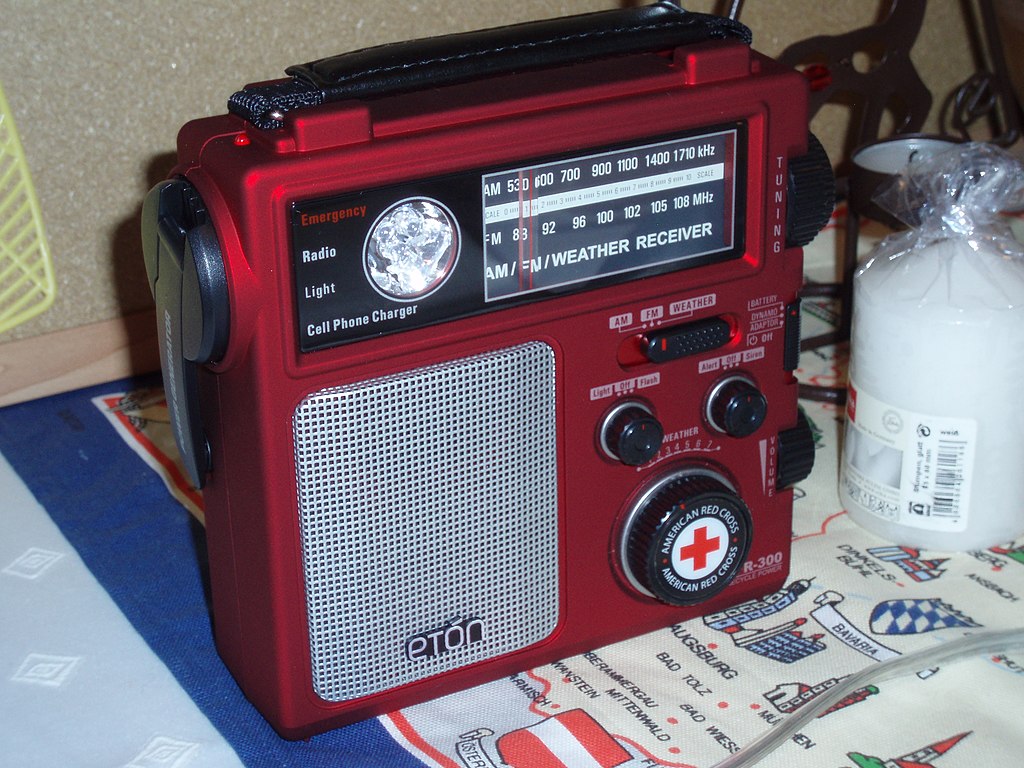 Photo by Morn, CC BY-SA 4.0 on Wikimedia Commons
Photo by Morn, CC BY-SA 4.0 on Wikimedia Commons
10. Identify Safe Exit Routes
Discuss with your family the safest ways to exit the house in various scenarios. Also, talk about city and state-level evacuation routes so that everyone knows where to go in case you’re separated.
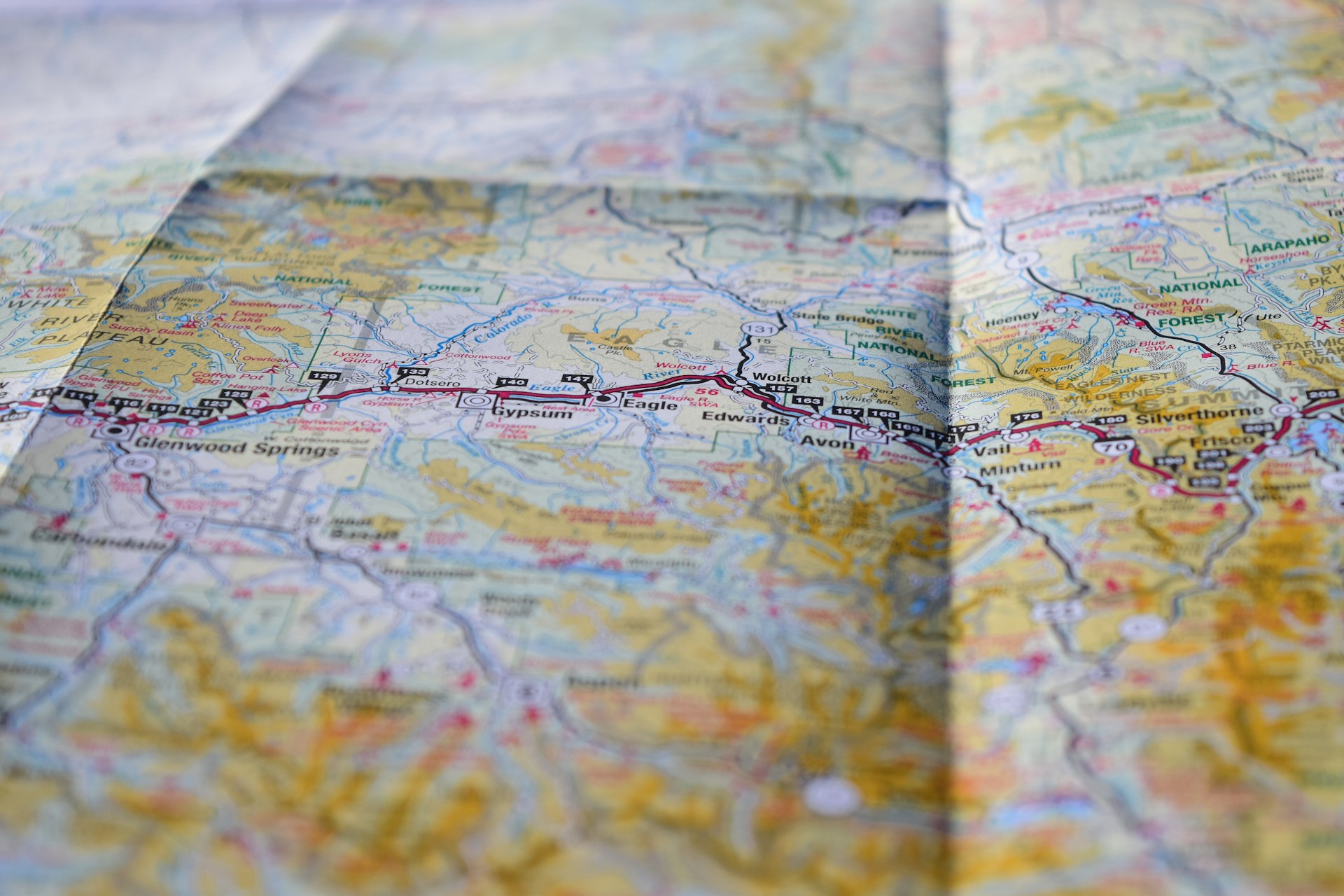 Photo by Stephen Monroe on Unsplash
Photo by Stephen Monroe on Unsplash
11. Plan For Separation
Separating is never ideal, but things happen. Plan a special meeting place away from the disaster where everyone, kids included, knows to go. This way, if you’re separated, you’re sure to find each other again.
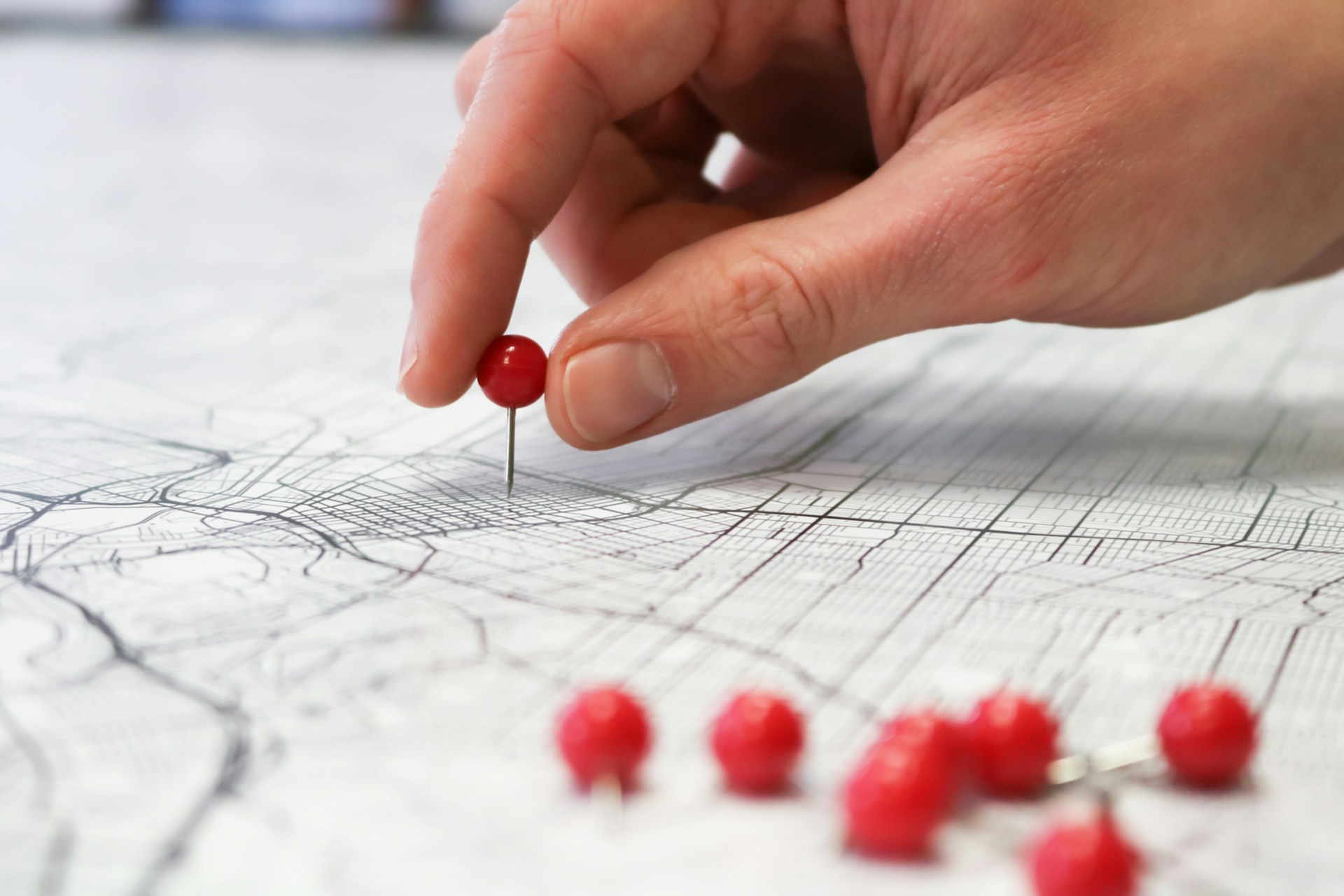 Photo by GeoJango Maps on Unsplash
Photo by GeoJango Maps on Unsplash
12. Set Up Your Generator
If you can safely run your generator, it’s worth setting up for things like cooking or heat. Make sure your gas is full and set it up outside away from any windows, doors, or vents.
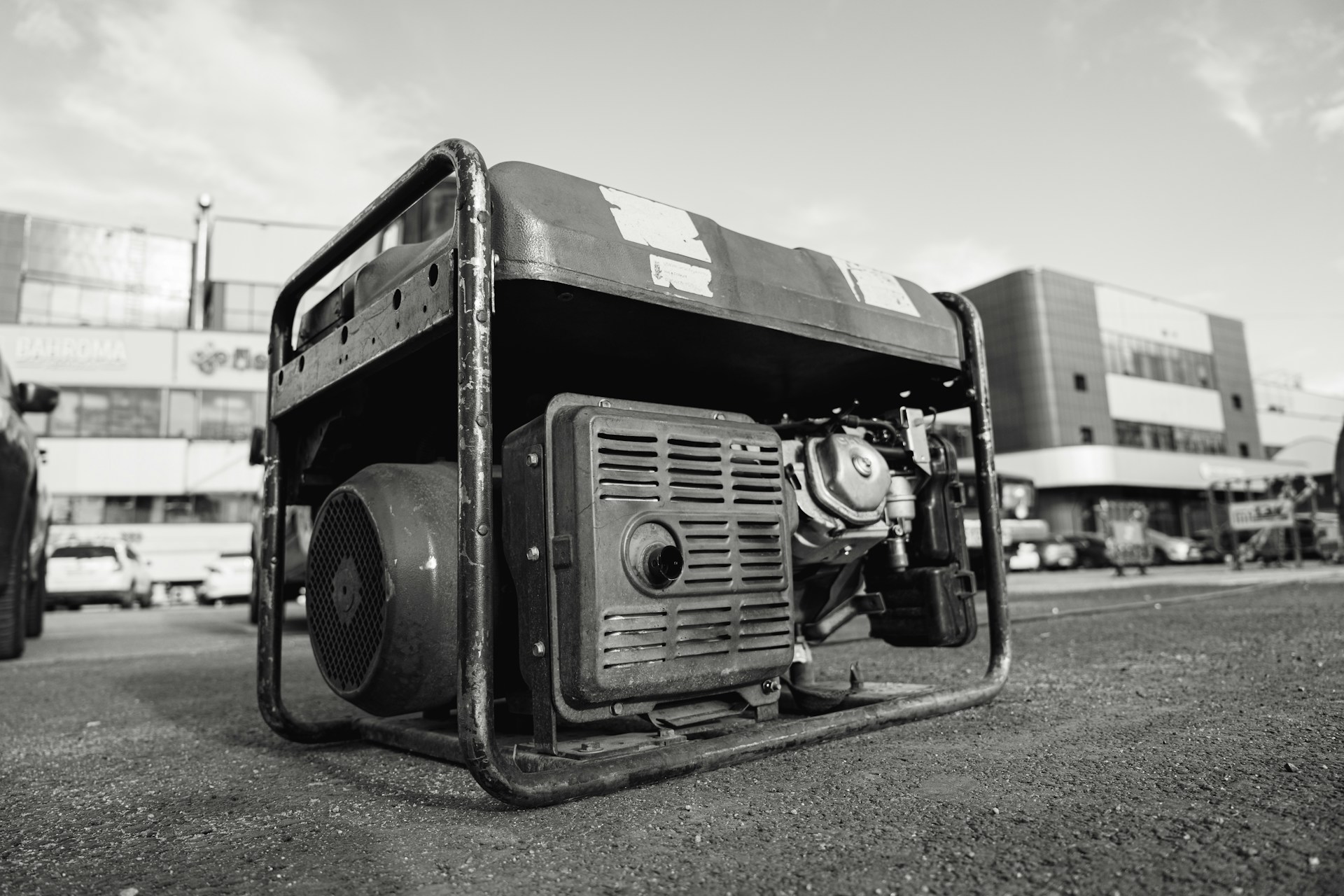 Photo by Dima Solomin on Unsplash
Photo by Dima Solomin on Unsplash
13. Preserve Food
Turning your fridge and freezer to their coldest settings while the power holds out will help perishable food last longer during an outage. You may lose some items like lettuce or mayo, but the longevity of your other groceries is worth the sacrifice.
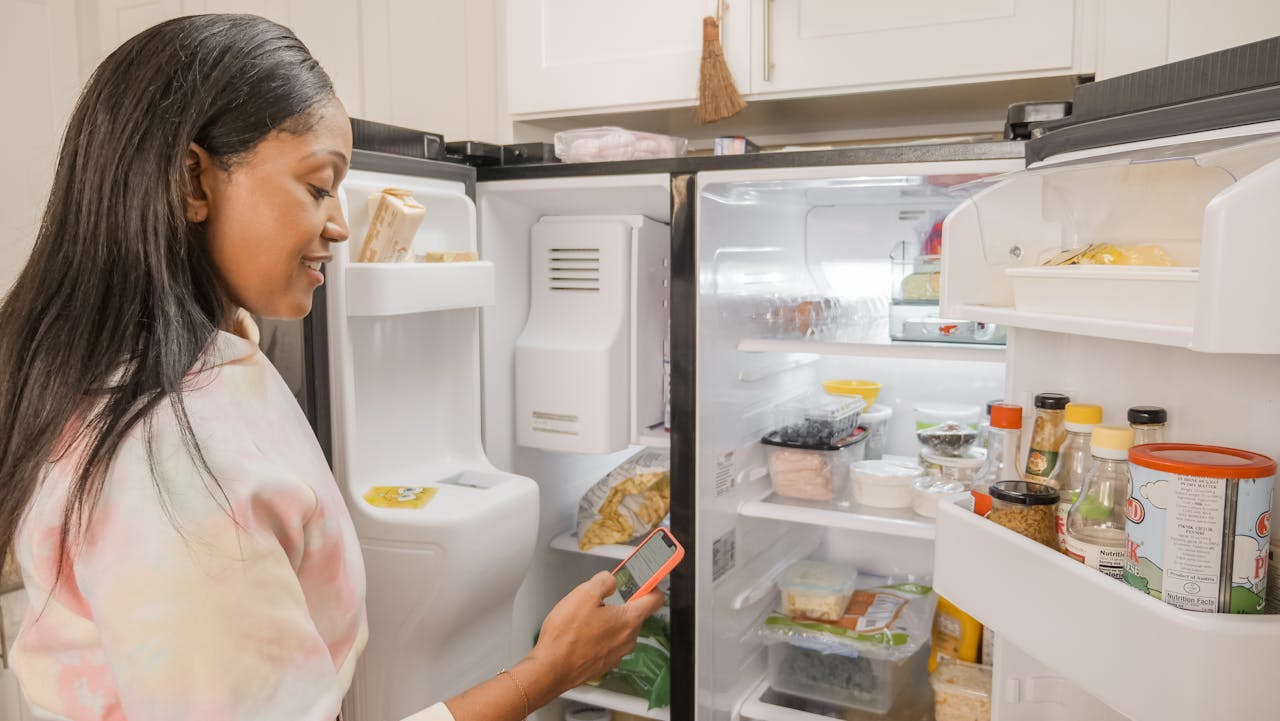 Photo by Kindel Media on Pexels
Photo by Kindel Media on Pexels
14. Unplug Appliances
If power is lost, unplug all your appliances and electronics. The surge of power, or any water nearby when the power returns could cause serious damage.
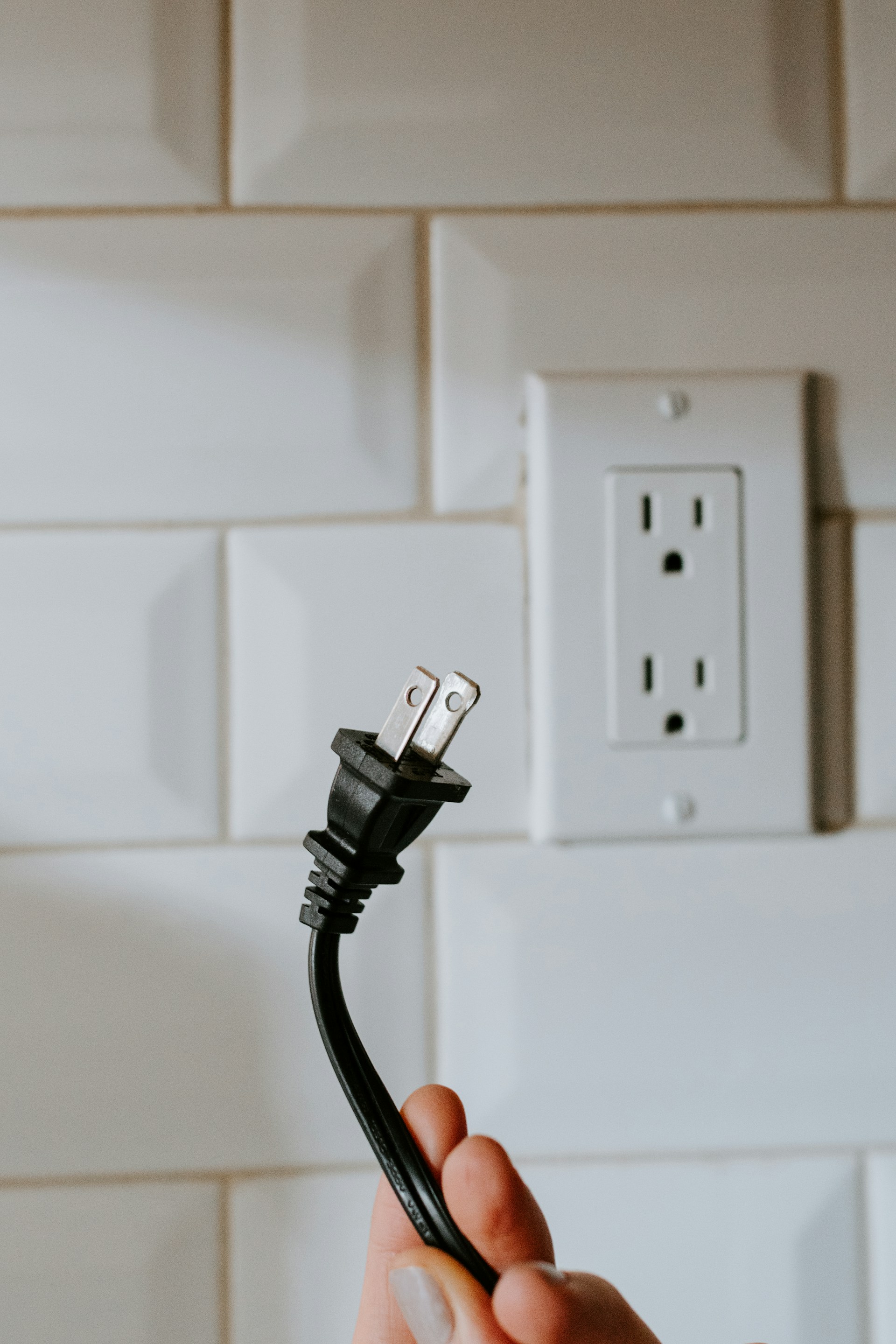 Photo by Kelly Sikkema on Unsplash
Photo by Kelly Sikkema on Unsplash
15. Keep Warm
Gather and collect warm clothes and blankets to help fend off the cold. Whether inside or out, cold temperatures could make or break your survival.
 Photo by SHVETS production on Pexels
Photo by SHVETS production on Pexels
16. Follow Directions
Be sure to follow all instructions provided by local authorities. They likely have a better grasp of the overall disaster and will be able to tell you when it’s safe to move.
17. Conserve Water
If you’re stuck waiting, consider sterilizing your tub and using it for water storage—unless you’re under a drinking water advisory. If the water’s safe, at least you’ll have a tub full. Toilet holding tanks and hot water tanks are also great water sources.
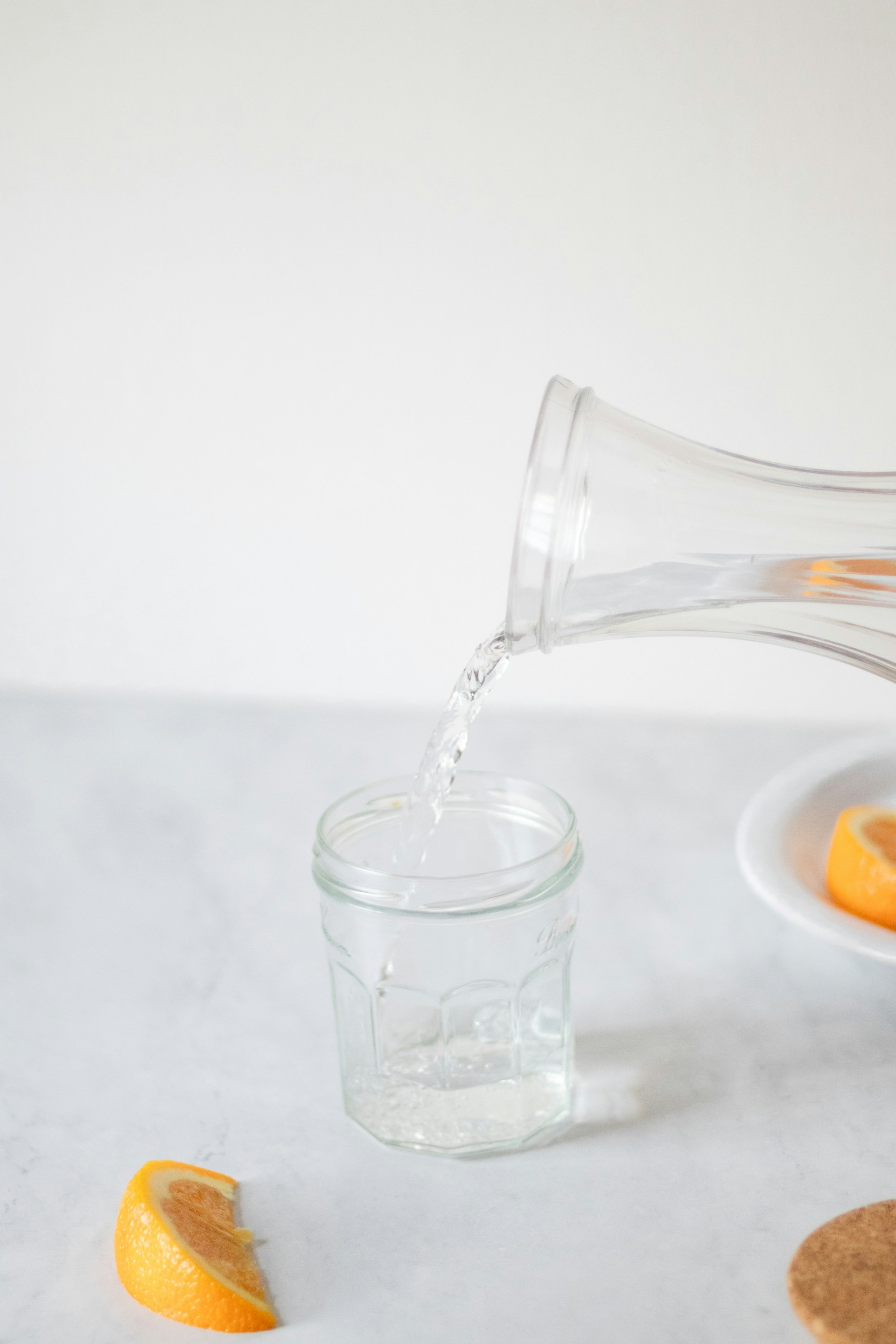 Photo by Fiona Murray-deGraaff on Unsplash
Photo by Fiona Murray-deGraaff on Unsplash
18. Keep ID Handy
Make sure to keep any identification including details like your name, blood type, and organ donor status on your person. It might also be worth including contact details for your loved ones in case you’re found unconscious.
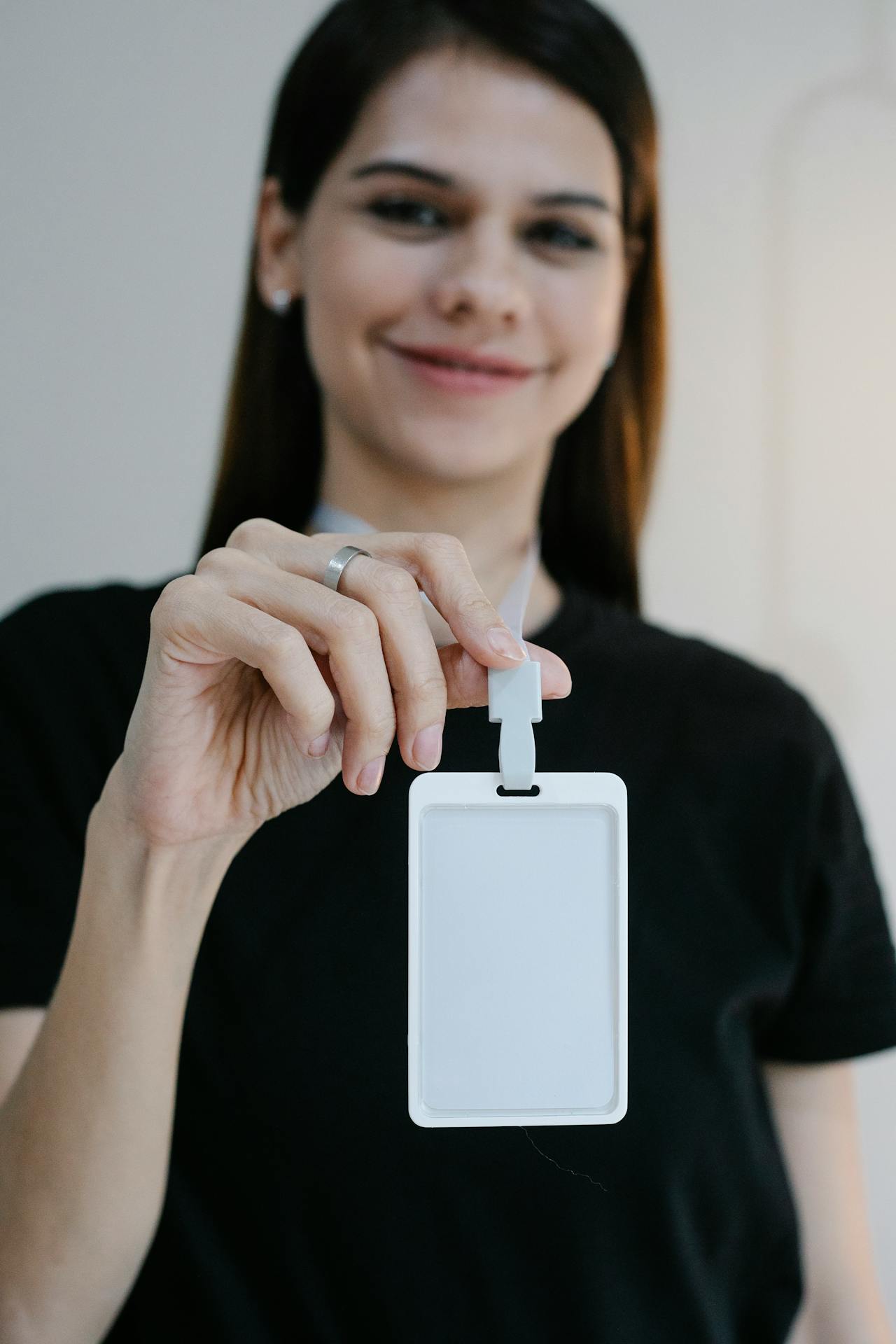 Photo by Angela Roma on Pexels
Photo by Angela Roma on Pexels
19. Take Pictures
We know it’s not always possible and it’s hard to think of these things in a moment of panic. But, if you can remember to take pictures for insurance purposes, it might make your life easier later.
 Photo by Ketut Subiyanto on Pexels
Photo by Ketut Subiyanto on Pexels
20. Protect Breakables
Time permitting, safely tuck away any breakable or keepsake items in waterproof storage. Just remember these items aren’t worth your life, so exercise extreme caution when trying to safeguard them.



